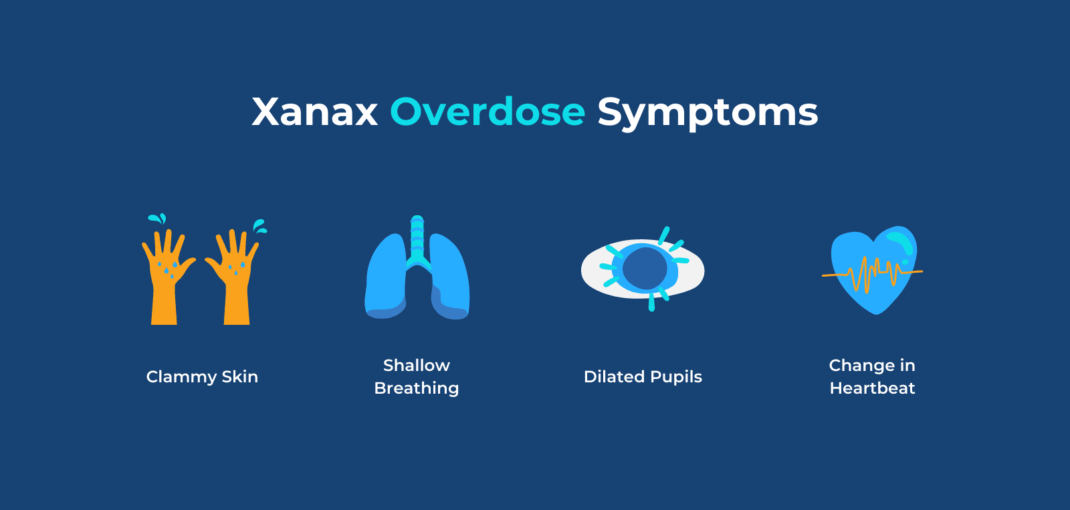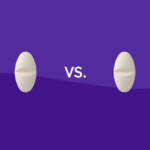Xanax (alprazolam), a commonly prescribed medication for anxiety and panic disorders, has gained both notoriety and acclaim for its effects on mental health. While it can provide much-needed relief from symptoms, it also poses risks, especially if used irresponsibly. In this article, we will delve into the effects of Xanax on mental health, emphasizing the importance of responsible usage, potential dependence, and withdrawal symptoms.
Check Out:
Understanding Xanax
Xanax is a benzodiazepine, a class of drugs known for their sedative and anxiolytic (anxiety-reducing) properties. It works by enhancing the action of a neurotransmitter called gamma-aminobutyric acid (GABA), which inhibits brain activity, leading to feelings of calm and relaxation. Xanax is generally prescribed for the short-term management of anxiety and panic disorders.
Responsible Usage
Responsible usage of Xanax is crucial for minimizing its impact on mental health. It is typically prescribed in low doses and for short durations to reduce the risk of dependence and other adverse effects. It’s important to:
- Follow Your Doctor’s Guidance: Always take Xanax as prescribed by a qualified healthcare professional. Do not exceed the recommended dosage or duration.
- Avoid Mixing with Other Substances: Combining Xanax with alcohol or other drugs can be dangerous and lead to severe mental health issues.
- Regular Monitoring: Keep your healthcare provider informed about your progress and any changes in your mental health while using Xanax.
- Non-Pharmacological Treatments: Combine medication with therapy and lifestyle changes for a holistic approach to mental health.
Check out: Buy Xanax Online
The Effects on Mental Health
Positive Effects
- Anxiety Reduction: Xanax can provide rapid relief from the debilitating symptoms of anxiety and panic disorders, helping individuals regain control of their mental well-being.
- Improved Sleep: Many people with anxiety disorders also struggle with insomnia. Xanax’s sedative properties can promote better sleep, contributing to overall mental health.
Negative Effects
- Dependence: Xanax has a high potential for dependence, which can lead to addiction. When used for extended periods or in high doses, individuals may develop a tolerance, requiring more of the drug to achieve the same effects.
- Memory and Concentration Issues: Prolonged use of Xanax can lead to memory problems and difficulty concentrating, impacting daily functioning and overall mental clarity.
- Paradoxical Effects: In some cases, Xanax can cause paradoxical reactions, increasing anxiety and agitation rather than reducing it.
- Withdrawal Symptoms: When individuals try to stop using Xanax after becoming dependent, they may experience severe withdrawal symptoms, including increased anxiety, insomnia, and even seizures. These symptoms can significantly impact mental health and make it challenging to quit the drug.
Withdrawal Symptoms
Xanax withdrawal can be a daunting experience. It is important to understand that abrupt discontinuation of the medication can lead to severe withdrawal symptoms. These may include:
- Increased Anxiety: Anxiety levels can surge, often more intense than before Xanax use.
- Insomnia: Difficulty sleeping is a common withdrawal symptom.
- Muscle Pain and Stiffness: Physical discomfort can accompany mental distress.
- Seizures: In severe cases, withdrawal can lead to seizures, which are dangerous and demand immediate medical attention.
Conclusion
Xanax can have a significant impact on mental health, both positive and negative. Responsible usage, under the guidance of a healthcare professional, is paramount to ensure the benefits outweigh the risks. Monitoring one’s mental health while using Xanax and being aware of the potential for dependence and withdrawal symptoms is essential for a safe and effective treatment.
Mental health is a delicate balance, and medications like Xanax should be viewed as a tool to help individuals regain stability while also seeking alternative, non-pharmacological treatments. By understanding the potential consequences and following responsible usage guidelines, individuals can make informed decisions about their mental health care.






